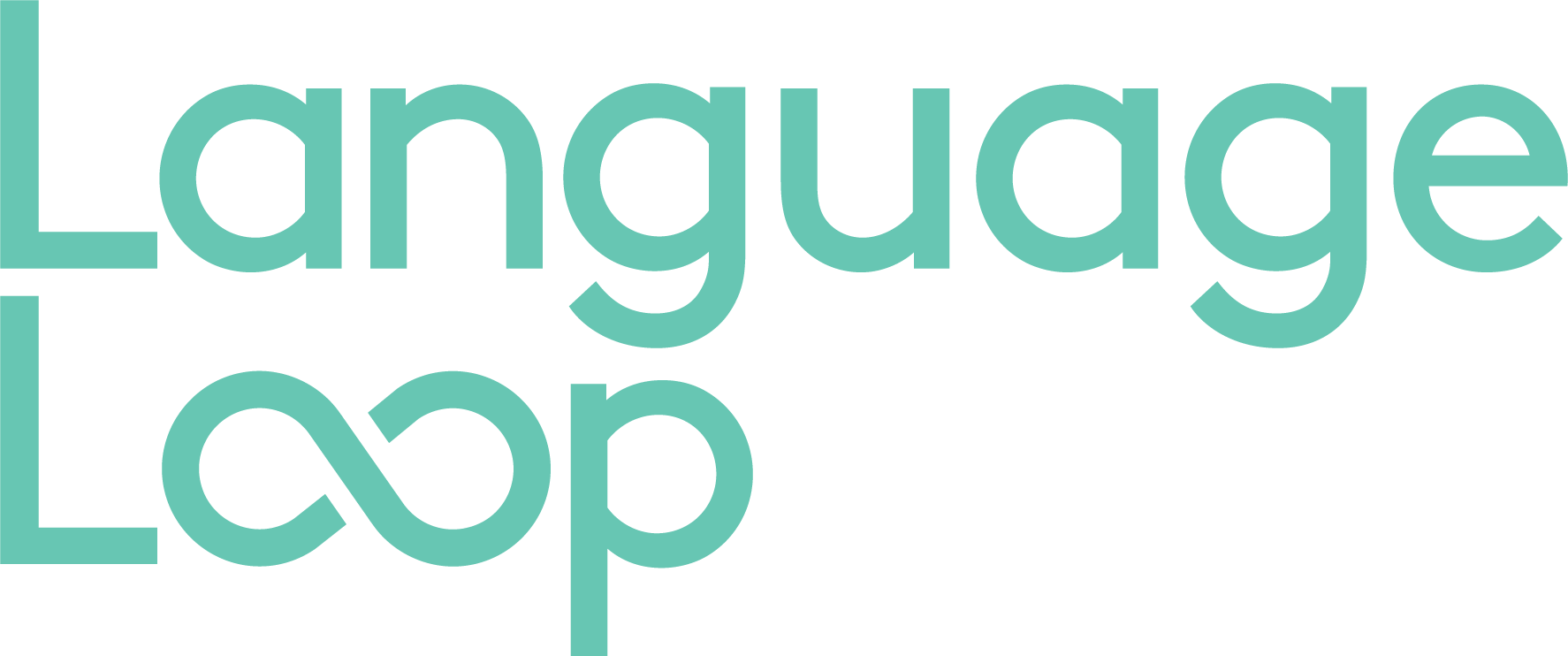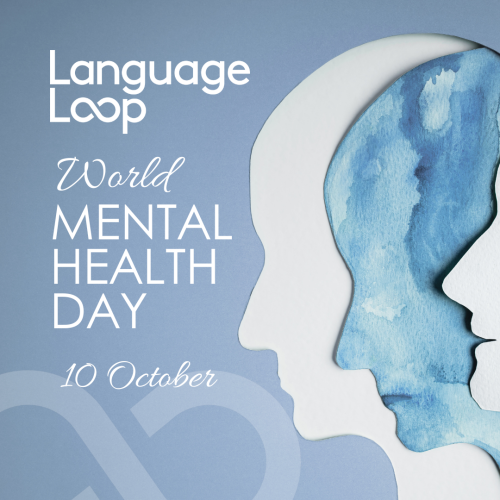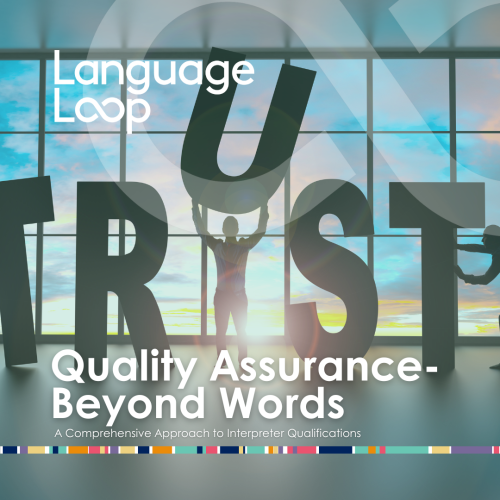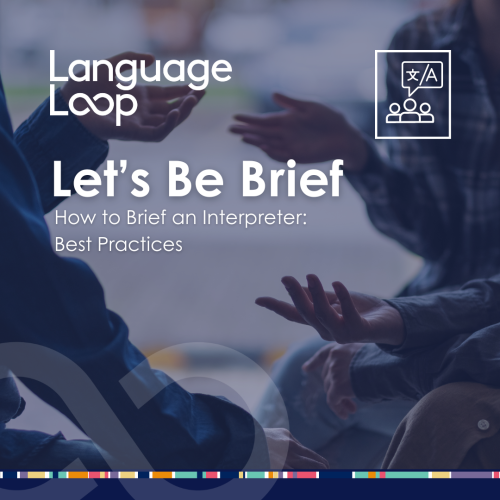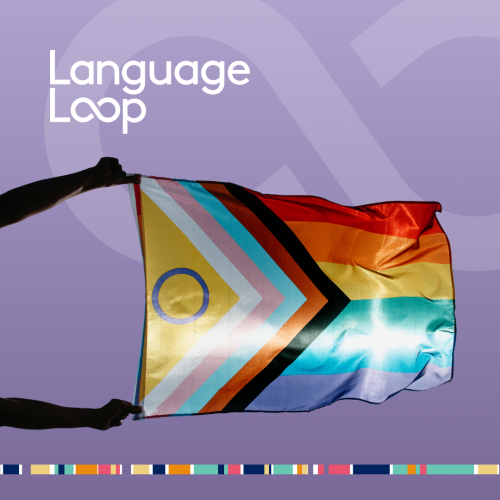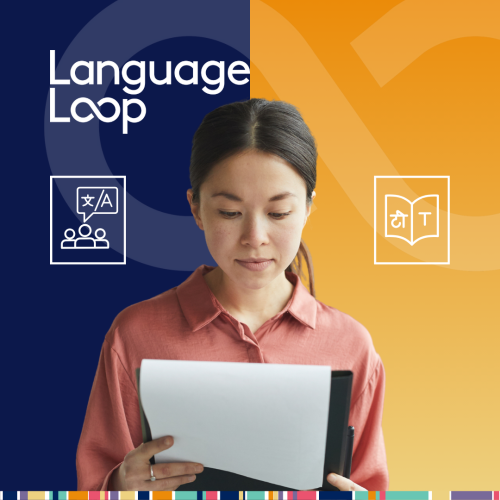Katarina Fischer, LanguageLoop’s National Translation Manager, stresses how important it is for organisations to consider accessibility in any strategic public information communications campaign.
“Communications teams need to think about who will be consuming the information and how they need to access it. In addition to having information translated into the languages of our diverse communities, disability should also be considered in campaigns targeted at the whole community,” Ms Fischer said.
“Our Braille production of the Public Transport Victoria customer service charter, along with an audio recording in English and translation into Victoria’s top 12 languages, is a great example of making a document intended for the public truly accessible.”
Here at LanguageLoop, our mission is to connect people through language so they can live life without limits and access the services they need. With over 300 languages spoken in Australia, 1 in 6 Australians affected by hearing loss, and roughly 357,000 Australians who are blind or have low vision, we are constantly updating our services to give everyone a voice so they can participate in society and thrive.
With disability accounting for the highest volume of discrimination complaints across Australia, our partnerships with experts in Auslan and Braille production ensure that disability is not a factor in accessing information about products and services.
For example, during the 2019 Federal Election, we assisted the Australian Electoral Commission in connecting deaf or hard-of-hearing Australians with an accredited Auslan interpreter through video conference.

Customer service charters describe the rights of passengers and define operator responsibilities and obligations, so it is important that this is understood by all public transport users.
It’s also important for organisations to understand what regulations apply to their industry. For example, ASIC regulation R271 states that financial institutions’ internal dispute resolution process must be easy to use and understand by people with disabilities. We are working with many of our clients to develop Braille versions of their complaints policies and accessible documents for ease of use by screen readers.
“We work with many clients across Government and Enterprise to advise and assist with how to comply with regulations and make information accessible for all Australians, whether this is through the production of videos using Auslan interpreters, the production of Braille, or audio versions of documents combined with translation into multiple languages,” Ms Fischer said.
